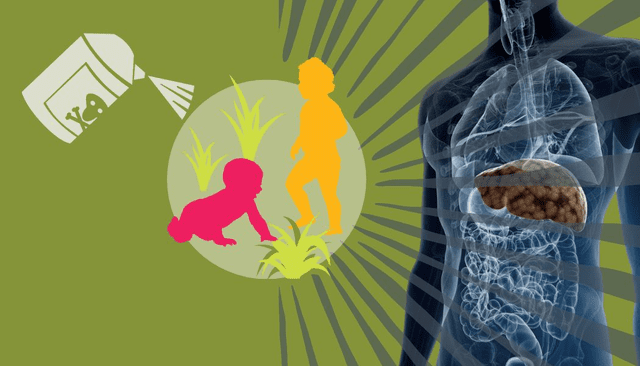Reduction of human exposure to chemicals in agricultural areas is again considered a priority, as a research report by an Associate Professor of Public and Population Health at Boise State University, Cynthia Curl and an Assistant Professor of Cooperative Extension at University of California, Berkeley, Carly Hyland has revealed that living near farmland can significantly increase people’s exposure to glyphosate, the active ingredient in the widely-used herbicide roundup.
Glyphosate, recognised as the world’s most heavily used agricultural pesticide, has long been associated with adverse health effects, ranging from non-Hodgkin lymphoma to an increased risk of preterm birth. The researchers, in their report first published by The Conversation, Africa, Inc., stated that they meticulously-monitored glyphosate levels in pregnant women for 10 months, discovered that those residing within approximately a third of a mile from agricultural fields exhibited markedly higher glyphosate levels in their urine compared to those farther away. The study pinpointed the time when farmers sprayed glyphosate on their fields as the critical period when exposure differentials became pronounced, strongly indicating agricultural spray as the primary source of this concerning exposure.
The report further suggests that adopting an organic diet, devoid of synthetic pesticides, might reduce glyphosate levels for women distant from farm fields, but it offers no such protection for those in close proximity. This research challenges previous assumptions about glyphosate, revealing that despite its non-volatile nature, it still reaches nearby residents during agricultural use. With the dramatic surge in glyphosate use over the past two decades, particularly in genetically modified, herbicide-resistant crops, the study underscores the urgent need to reassess the impact of agricultural practices on public health. As debates continue over the carcinogenic potential of glyphosate, the researchers emphasise the necessity of urbanisation reclaiming lands previously dedicated to farming. Failure to do so could leave residents dangerously close to these potentially harmful chemicals, urging a re-evaluation of land use policies to safeguard public health.


